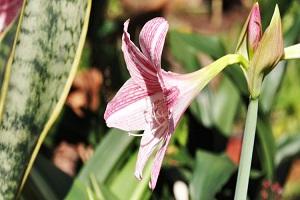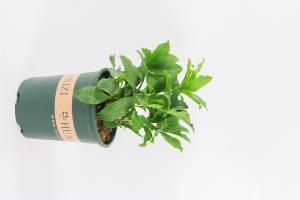Is it Ok to Water Plants with Tap Water?
Watering plants is essential for their survival and growth. But it’s not just about giving them any water; it’s about giving them the right kind of water. Many people wonder if it’s Okay to water plants with tap water. The answer is not quite straightforward.
What is Tap Water?
Tap water is the water that flows from your faucet. It’s the water that comes from lakes, rivers, and underground sources and is treated with chemicals to make it safe for human consumption. Tap water contains minerals such as calcium, magnesium, and potassium, which are beneficial to plants. However, it also contains chlorine, lead, and heavy metals, which can harm plants if present in high concentrations.
The Pros of Watering Plants with Tap Water
The main advantage of watering plants with tap water is convenience. It’s readily available, and you don’t need to spend money or time looking for alternative water sources. Tap water also contains the nutrients that plants need to thrive.
The Cons of Watering Plants with Tap Water
The biggest drawback to watering plants with tap water is the presence of chlorine, lead, and other toxins. Over time, these chemicals can accumulate in the soil and harm the plants. Chlorine, for instance, can burn plant roots and leaves, leading to wilting or death. Similarly, lead is toxic to plants and can cause stunted growth and leaf discoloration.
Treating Tap Water for Plants
If you have no option but to use tap water for your plants, you can take some steps to make it safer for them. One way is to let the water sit for a few hours before using it. This allows some of the chlorine and other chemicals to evaporate. Another method is to use a water filter or add a neutralizing agent like potassium permanganate or ascorbic acid to the water. These substances help to remove the harmful chemicals, making the water safe for plants.
Using Rainwater for Plants
One of the best ways to water your plants is to use rainwater. Rainwater is free of chlorine and other chemicals and is rich in nutrients that plants need. Collecting rainwater is easy and inexpensive. All you need is a collection system like a rain barrel. You can also use the runoff from your roof or a tarp. Just make sure to filter the water to remove any debris that can clog your plants’ roots.
The Bottom Line
So, is it Okay to water plants with tap water? The answer is yes and no. While tap water contains some essential nutrients for plants, it also contains harmful chemicals that can damage them. If you have no other option but to use tap water, make sure to let it sit for a few hours or treat it with a neutralizing agent. However, if possible, using rainwater is the best option as it’s free of toxins and rich in nutrients.

 how many times do yo...
how many times do yo... how many planted tre...
how many planted tre... how many pine trees ...
how many pine trees ... how many pecan trees...
how many pecan trees... how many plants comp...
how many plants comp... how many plants can ...
how many plants can ... how many plants and ...
how many plants and ... how many pepper plan...
how many pepper plan...































